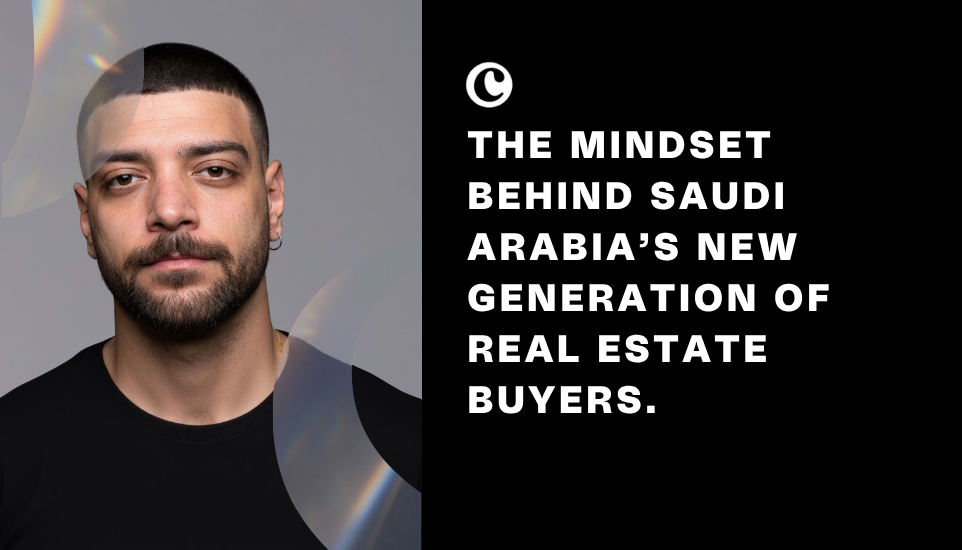Press
4-Day Work Week “Here to stay”


Work-life balance has always been a struggle. But, encouraging work-life balance is essential for organizations to avoid employee burnouts and increase productivity, employee morale and loyalty. And with the increase in popularity in flexible working arrangements along with the rise of technology at the workplace, there has been somewhat of a shift in focus towards a 4-day workweek.
The concept of a 4-day workweek has become ever so prevalent nowadays with organizations increasingly adopting this new working arrangement, and WonderEight being one of them.
But, when it comes to the 4-day workweek, the question of “does it even work?” still remains. Walid Nasrala, Founder Creative Director of WonderEight is here to clear up any misconceptions about the 4-day workweek and tell us all about their experience with it after they implemented it back in March of 2019.
Here is an exclusive interview with Walid Nasrala (WN) from WonderEight. Enjoy!
Tell us more about WonderEight.
WN: We are a hybrid agency working with companies who like to challenge their customers and that dare to be different. Benefiting from our cultural diversity, we innovate in branding, digital and visual communication. Our strategic locations in Beirut, Dubai, Riyadh and London, bridge between western and eastern brands to create concepts that work in their environment while introducing new ways of co-creation.
Founded in 1999 by myself and my brother Boudy, and today with Karim Abourizk also on board, WonderEight gathers a handful of highly skilled creative designers, web developers and marketing strategists who enjoy a bespoke work environment, made to inspire.
What inspired you to employ a 4-day workweek?
WN: It was an intuitive decision resulting from the non-stop work trend going on around the world and more specifically in our industry. With the ever-increasing connectivity, communication has become over abused in a counter productive way and we find ourselves working more hours to produce non-efficient work. We felt heading towards an 8 days working week and it wasn’t going to be enough. So the only way was trying a counter intuitive approach.
Has the workweek shift affected your productivity?
WN: Yes. Positively.
What advantages of having a compressed workweek do your employees enjoy the most?
WN: They’re enjoying many new advantages, mainly being more organized results in having clearer objectives which leads to less trial and error thus less anxiety and stress. On the other hand, they enjoy more free time doing what they like or spending more time with people they love, simply enjoying life.
What was the biggest challenge in planning and implementing this new project? What is your primary concern about having a compressed workweek? And do you believe that a compressed workweek can work for all industries and organizational departments?
WN: The biggest challenge was to take all the measures to ensure that it will not affect the company’s productivity, profitability and most importantly the quality of work. The primary concern was to make sure it doesn’t take a toll on the team, leading to additional pressure and stress which will eventually backfire on the whole business. This shorter week model obviously can’t work for all industries but those who can should.
Did you offer your employees the option of a compressed workweek schedule on a trial basis prior to full implementation?
WN: After 4 months of planning, full implementation happened almost overnight but it was agreed that this model will be on trial basis in case we discover that it wasn’t working for some reason but realized quickly after one month that this model was here to stay.
How do you measure your employee satisfaction and engagement? And have they changed since implementing this working arrangement restructure? And is having a compressed workweek considered effective even if employee productivity stays the same as before?
WN: We had planned for many KPIs because measurability was crucial to be able to maneuver in these new territories. Amongst our metrics was the team’s satisfaction which we measured through regular internal surveys. We were surprised to see that stress level went slightly down for example. They were also happier now that they have a healthier work-life balance. As for productivity, it went up, and even if it hadn’t gone up it would still have been considered a success because quality went up as well, and in our industry, this means more creativity, and this is gold in advertising and design.
Has having a compressed workweek contributed in attracting talent to your organization? And how has it impacted your employee onboarding processes?
WN: It goes without saying that a shorter work schedule is a great selling line for new talent and also for stronger retention, but this is never our intention or concern because this kind of model is not for everybody, only the ones who appreciate efficiency and constant personal-growth are fit. And onboarding new comers happens naturally by communicating the right culture from the beginning, so even people who come from completely different backgrounds and work systems are quickly motivated to see it work and to learn from their peers.
Does your company embrace other forms of flexible working? To what extent has having a compressed workweek impacted your employees’ work-life balance?
WN: The nature of our business is by default more flexible than the corporate world by not having a strict dress code or even punctual attendance. This model is all about work-life balance, so yes it has positively affected the team a big deal.
How have your talent management processes changed? Has the new restructure in working days per week impacted salaries in any way? If not, have you considered increasing your daily working hours to compensate for the lost work day?
WN: We don’t have strict HR process so nothing major changed, however we constantly communicate the culture through open discussions and share our thoughts on the new system and the challenges some might be facing in order to support them and learn from each other. It’s important to note that salaries have not been affected, we pay 5 days but work 4, and working hours have not increased, at the contrary, after hours are not very welcomed, we prefer that people leave on time.
What advice would you give to companies that are looking to join this new global shift?
WN: The 4 working days are not to be misinterpreted as a “compressed” week, it is a mindset and an attitude to work in a more organized manner with a better communication system in order to be more “efficient” which results in doing more in less time. Everything can be enhanced and made more efficient especially with all the convenience and technology we have today so there’s no reason we can’t re-think our working models.



